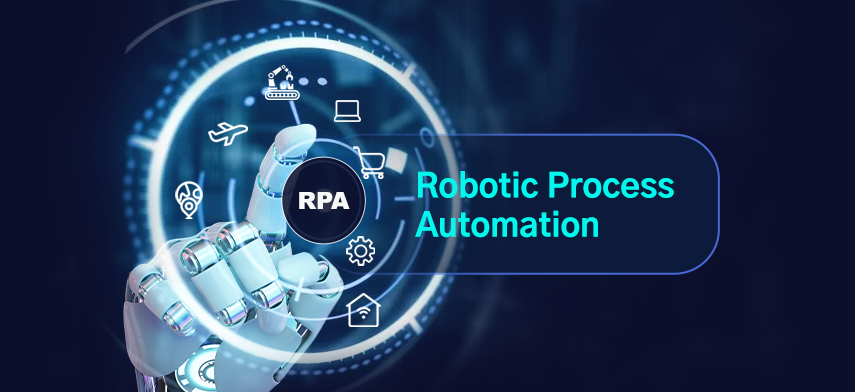Are you looking for a way to automate your business processes? If so, then Robotic Process Automation (RPA) might be in your future. Here are just a few of the ways that this software would automate your Business:
What is Robotic Process Automation (RPA) ?
Robotic process automation (RPA) is a technology that automates a business process using software to carry out the tasks involved. RPA can improve efficiency and accuracy in business processes, reduce costs, and increase productivity. It can also help businesses scale their operations by automating smaller tasks that humans traditionally handle.
Benefits of using RPA include improved accuracy, speed, and quality of work; reduced costs; and increased efficiency. RPA can free up human resources for more important work by automating simple tasks. RPA can also help businesses scale their operations by automating smaller tasks that humans would traditionally handle.
There are several different RPA tools available, each with advantages and disadvantages. Some of the most popular types of RPA tools include web scraping, chatbots, rule-based systems, and image recognition software. Each tool has its strengths and limitations, so it’s important to choose the right one for the task at hand.

How Should RPA Change Your Business?
Robotic process automation (RPA) is a technology that automates manual tasks using software programs to complete tasks more quickly and with less effort on the part of the human. It has been around for a few years now but is only just starting to gain mainstream traction in Business. There are a few reasons why this might be the case.
First, RPA can save businesses time and money. For example, say you have a team of employees responsible for creating sales proposals. With RPA, you could outsource the proposal creation process to a program that does it automatically for you. This would free up your employees to focus on more important tasks, like selling the product or services your company provides. In fact, according to research from Gartner, RPA will account for nearly $24 billion in savings by 2017.
Second, RPA can help businesses scale their operations. Suppose you have an administrative task that can be automated, such as data entry or customer service work. You can assign that task to a robot instead of hiring an additional employee to do it. This not only saves you money on salary costs, but it also frees up your employees to do more meaningful work
What are the benefits of implementing RPA in your Business?
Robotic process automation (RPA) is a software engineering technique that uses automation to automate the performance of tasks within a business process. RPA can save significant time and resources by automating the work that humans perform manually.
Some of the key benefits of using RPA include:
- Reduced expenses: By automating tasks, companies can reduce the costs associated with human labor. This can lead to savings in wages, benefits, and overhead costs.
- Increased efficiency: By automating workflows, RPA can help businesses improve their processing speeds and agility. This can lead to improved customer service and increased profits.
- Increased employee productivity: By streamlining processes, RPA can help employees become more productive and focused on their tasks. This can lead to increased job satisfaction and decreased turnover rates.



























